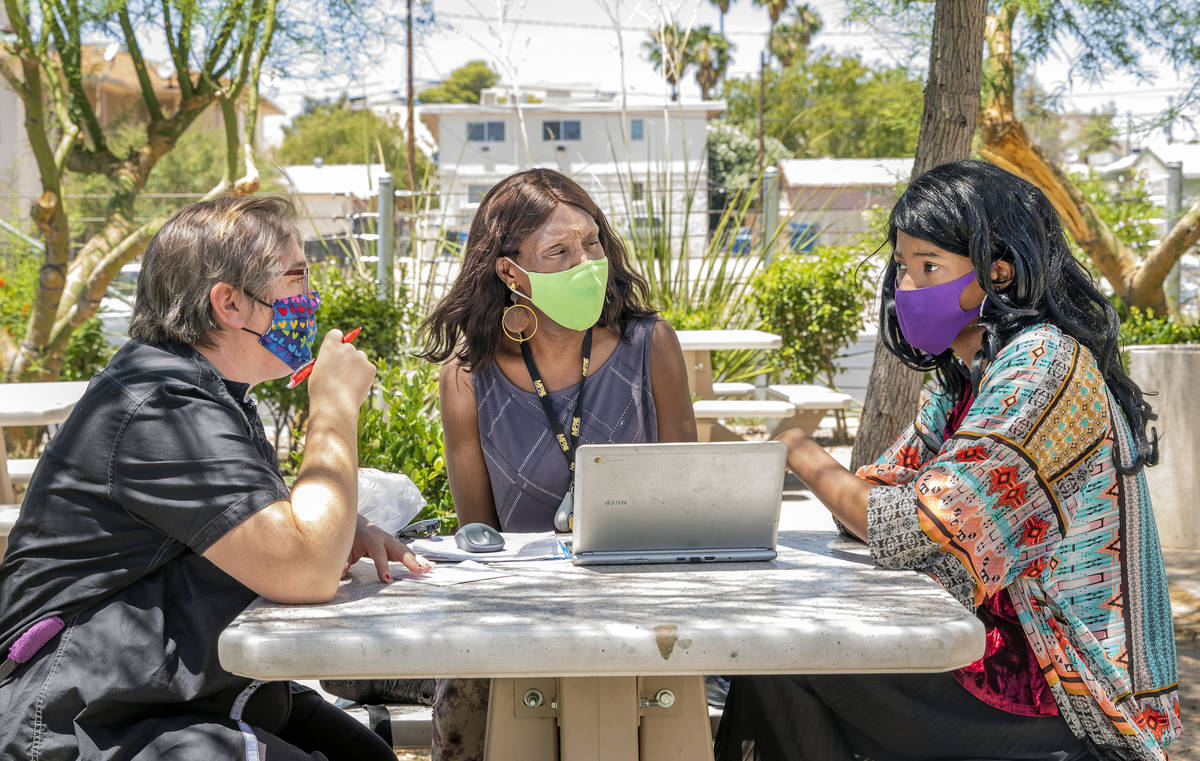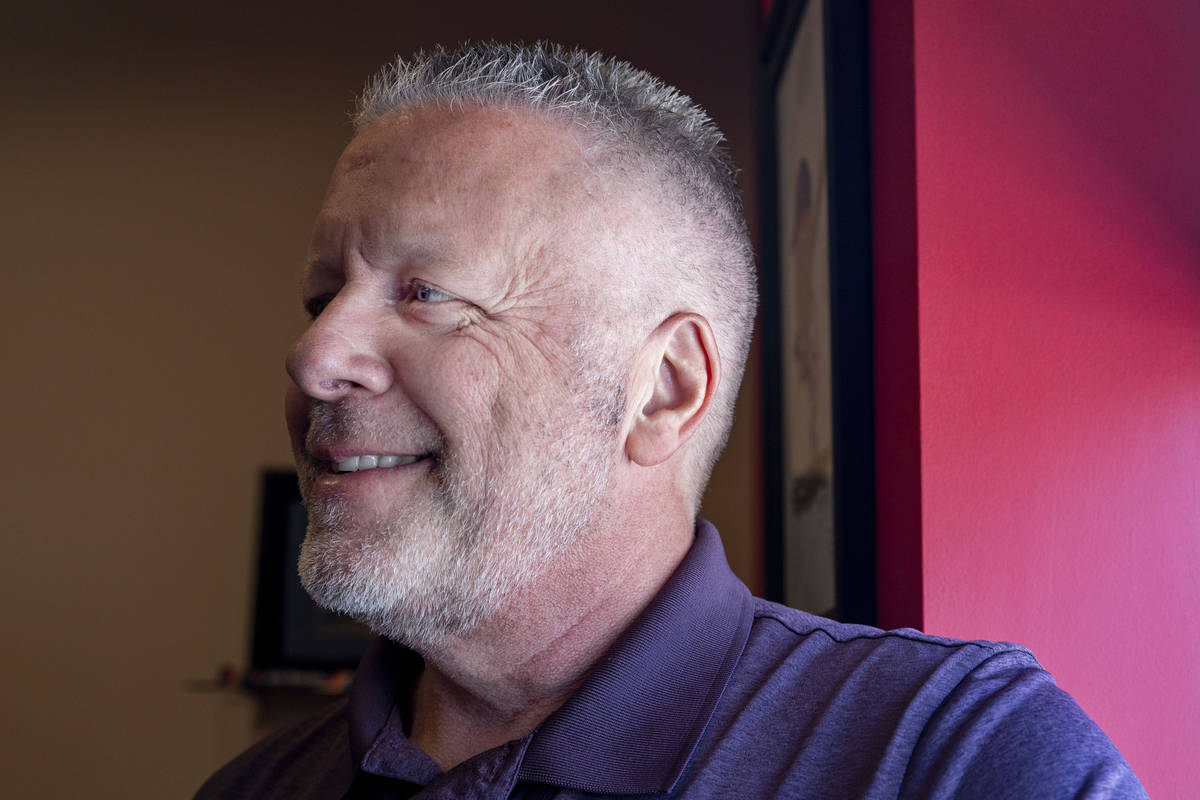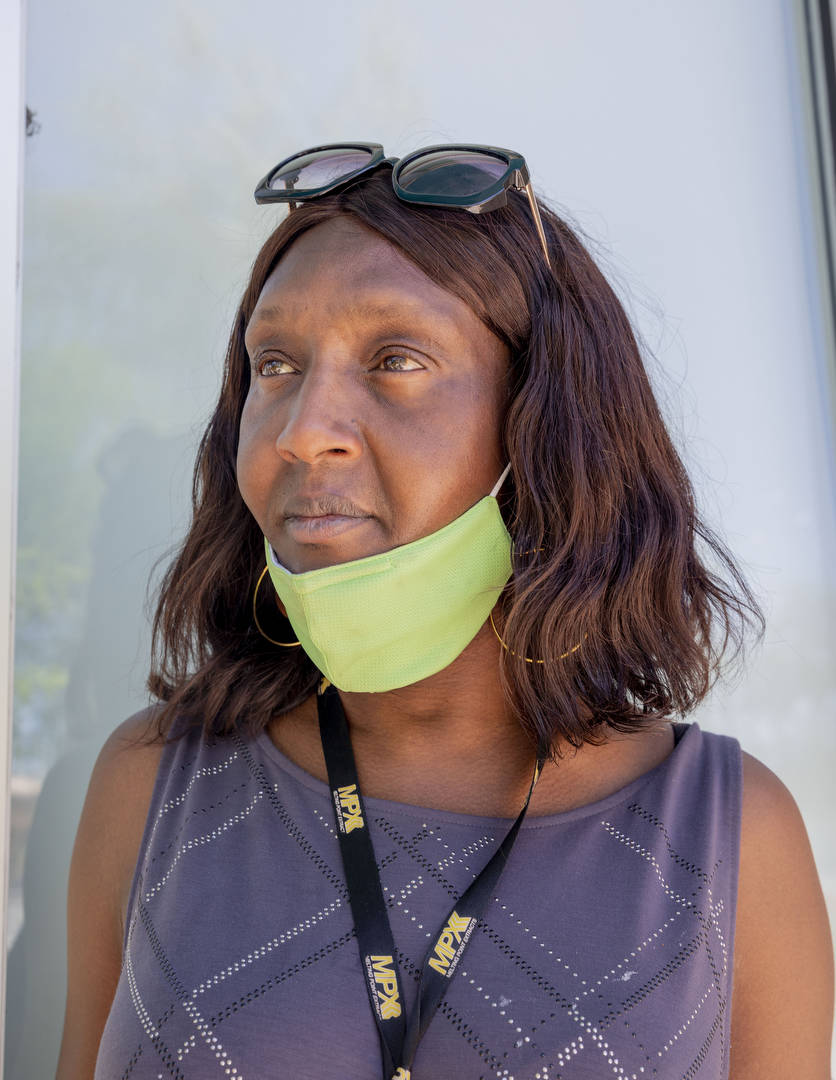Las Vegas LGBT community lauds Supreme Court ruling on protections
Las Vegas locals in the LGBT community celebrated Monday after the U.S. Supreme Court ruled that sexual orientation and gender identity are protected under existing federal civil rights laws.
“It’s a huge deal because we know that every day in the workplace, including even in the state of Nevada where we have protections, members of the LGBTQ community go to work under great stress, oftentimes,” said John Waldron, CEO of the Gay and Lesbian Community Center of Southern Nevada.
The Supreme Court decided in a 6-3 ruling that Title VII of the Civil Rights act of 1964, the provision that bars job discrimination because of sex, among other reasons, encompasses bias against LGBT workers.
“It came as a really big surprise to me,” said state Sen. David Parks, Nevada’s first openly gay lawmaker. “I was worried that it was going to go the other way.”
Only 21 states, including Nevada, have protections in place against both sexual orientation and gender identity discrimination in the workplace. As of Monday, LGBT workers in every state are protected by federal law.
Nevada passed its own Employment Non-Discrimination Act in 1999, which provided protections for gay and lesbian workers. It wasn’t until 2011 that those protections were extended to transgender Nevadans.
“Even in states like Nevada we hear stories all the time, where ‘I shared that I was going through transition, and all of a sudden I lost my job for another reason,’ and so somebody might have gotten creative in the way they terminated the person,” Waldron said.
Waldron and Parks both said they hoped the added weight of federal protections would encourage LGBT workers to speak out against discrimination and discourage employers from treating them unfairly.
“I’m hesitant to speak on behalf of the community because everyone processes things like discrimination differently,” said Jac Vokoun Duran, secretary of OUTLaws, UNLV’s LGBT law student association. “But I personally feel emboldened by the fact that the highest court in the land has affirmed that discrimination against members of the LGBT community is as worthy of protection as discrimination based on race, sex, or religion.”
The ruling was encouraging, Duran said, but it remains to be seen if the decision will lead to social change.
“After the fun of the legal memes dies down, I’m sure I’ll have some doubts about how this will ultimately change the decisions made by judges at the beginning levels of litigation,” she said.
‘This was just patchwork’
In the week before the decision was handed down, two transgender women were killed in Ohio and Pennsylvania, and President Donald Trump reversed nondiscrimination protections for LGBT people relating to health care and health insurance.
Waldron said that though the ruling appears to override the new Department of Health and Human Services rule, the rule itself may have emboldened some health care providers to discriminate against LGBT patients.
“This was just patchwork; this was just a piece of the puzzle,” Waldron said. “What we really need is for the Equality Act to fully pass Congress.”
The proposed act would extend protections to LGBT people in all public places across the country.
In Nevada, lawmakers are still working to remove language banning gay marriage from the state constitution that was made obsolete after a 2015 U.S. Supreme Court ruling. This fall, that issue will appear on the ballot as Question 2.
“We just want to get it out of the constitution in case something were to happen at the federal level that would change the legislation on marriage protection,” Parks said.
There’s still work to be done on the community level as well, Duran said.
“We wouldn’t need discrimination protections in health care for transgender people if there weren’t transphobic doctors denying them care,” she said. “The more perspectives we can get in colleges, law schools and medical schools, the better chances everyone has of encountering someone who understands their struggle when they need to most.”
Contact Max Michor at mmichor@reviewjournal.com or 702-383-0365. Follow @MaxMichor on Twitter.


























